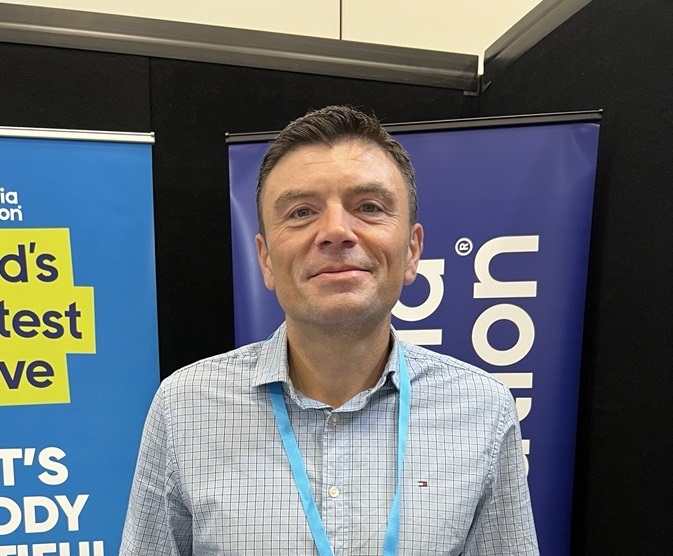A shared path forward: Leukaemia Foundation merges with Bloomhill Cancer Care
The Leukaemia Foundation is proud to announce it has merged with Bloomhill Cancer Care, a highly regarded not-for-profit organisation based on the Sunshine Coast in Queensland, boosting the provision of cancer services to Australians living in regional areas.
- Media releases
- Research





